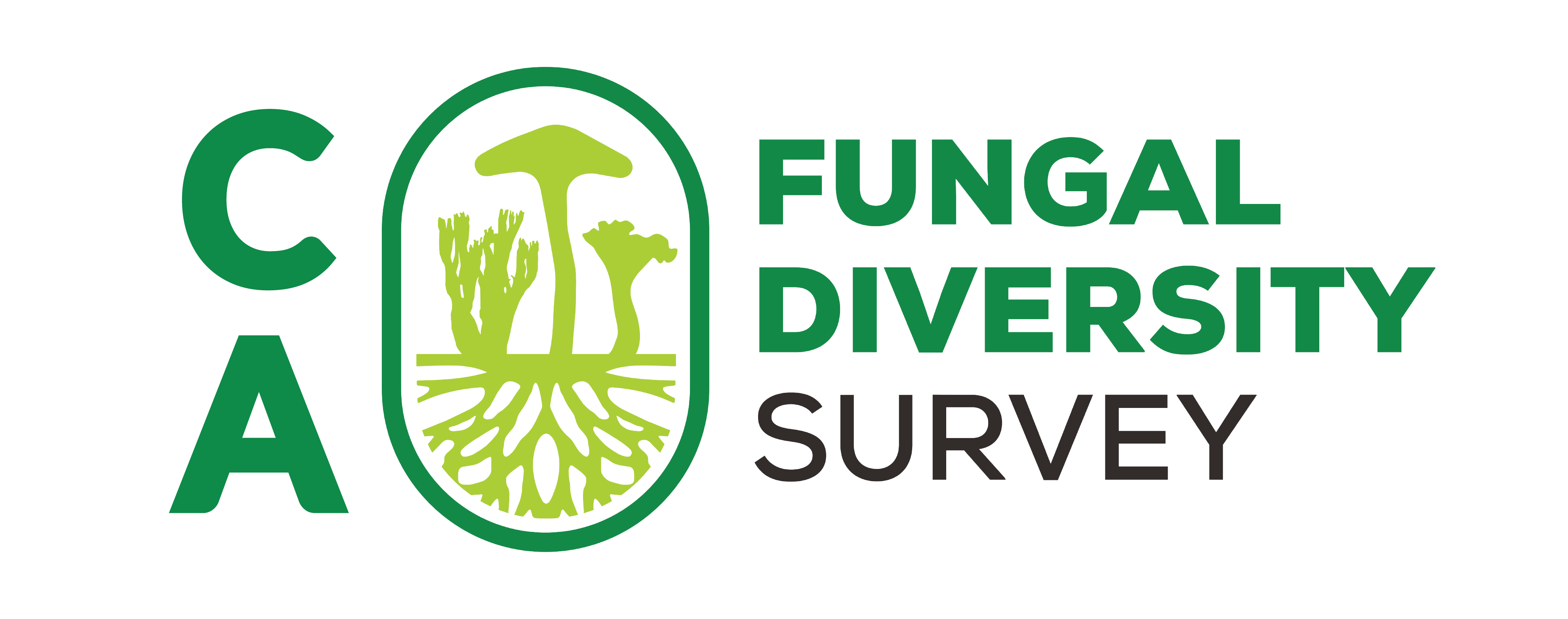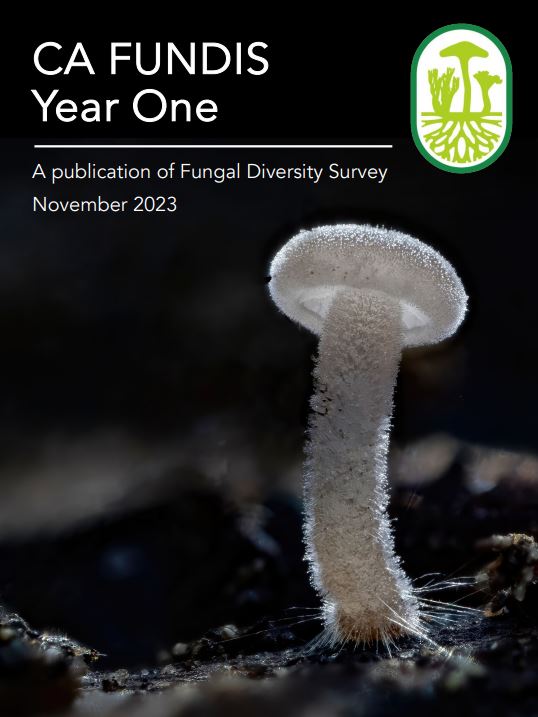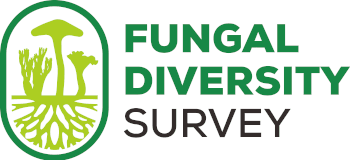
Thanks to the State of California and the California Institute for Biodiversity, Fungal Diversity Survey is embarking on the first state-wide project of its kind.
California Fungal Diversity Survey (CA FunDiS) will engage a diversity of Californians to generate tens of thousands of scientific grade macrofungi DNA sequences, open-source observations, and collections. FunDiS aims to make California an unprecedented model for civic engagement in documenting and protecting fungi for the rest of North America.
NEW: CA FUNDIS YEAR 1 REPORT
Thanks to the state of CA and the California Institute for Biodiversity, CA FUNDIS is a thriving unprecedented model for fungal documentation and protection for the rest of North America. Year 2 is poised to grow collections, focus collection strategy and collaboration, and continue sequencing and vouchering specimens to save for generations to come.
More about our project...
Fungi are integral to planetary biodiversity. Nearly all plants on earth depend on fungi for survival. Fungi have altered the evolutionary history of the planet and helped trees adapt on a millennial scale and can still help during climate crises. Fungi are a top ally in efforts to mitigate global warming and strengthen ecosystem health.
Fungi are hyper-diverse with fewer than 5% of species described. As climate change escalates, we are losing fungus species faster than we can document them. In order to protect fungi, we first need to know what fungi fruit where: fungal diversity and distribution.
California is on the leading edge of understanding their fungal kingdom. By including fungi in biodiversity inventories and conservation, this will create more holistic conservation practices that better stabilize ecosystem health and adaptation. Documenting and protecting fungal biodiversity in the state of California will have a lasting impact for generations to come.
Volunteer With Us
Do you want to help the CA FUNDIS project by collecting scientific grade fungal samples in California? Email our coordinator Nicole Thysell at coordinator@fundis.org for more information. Note that there is a vetting process for volunteers. Specimens must be collected with land permission and have very robust accompanying photos and metadata.


